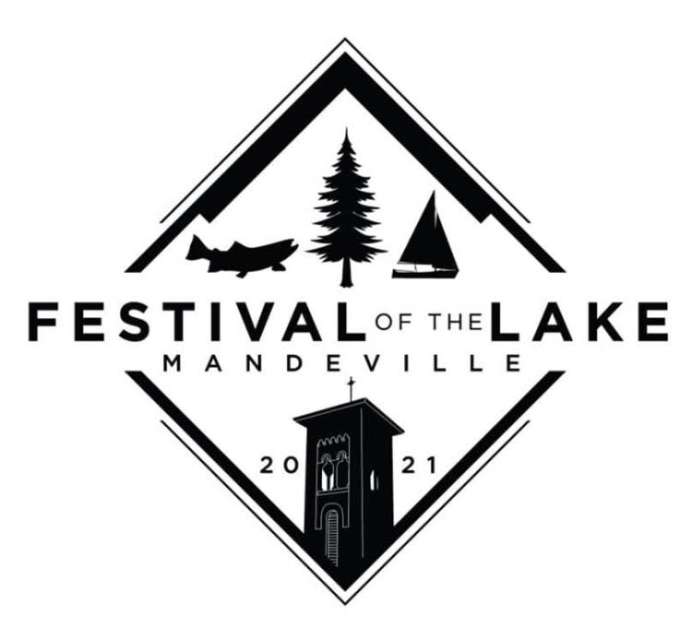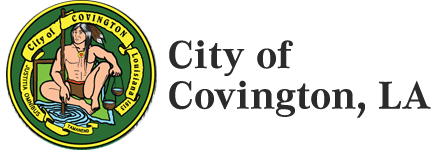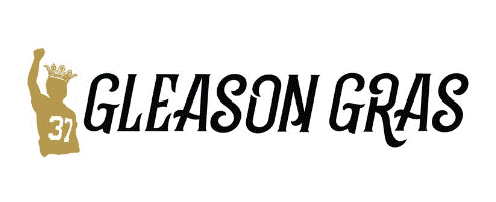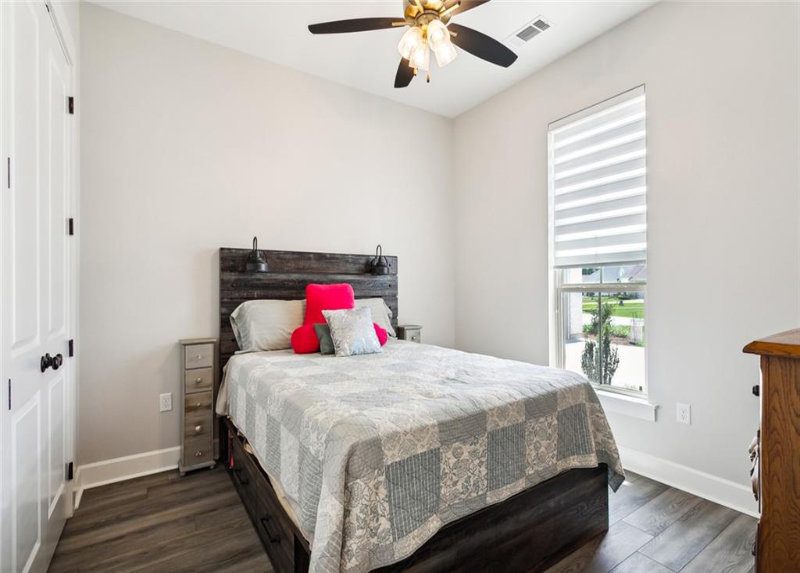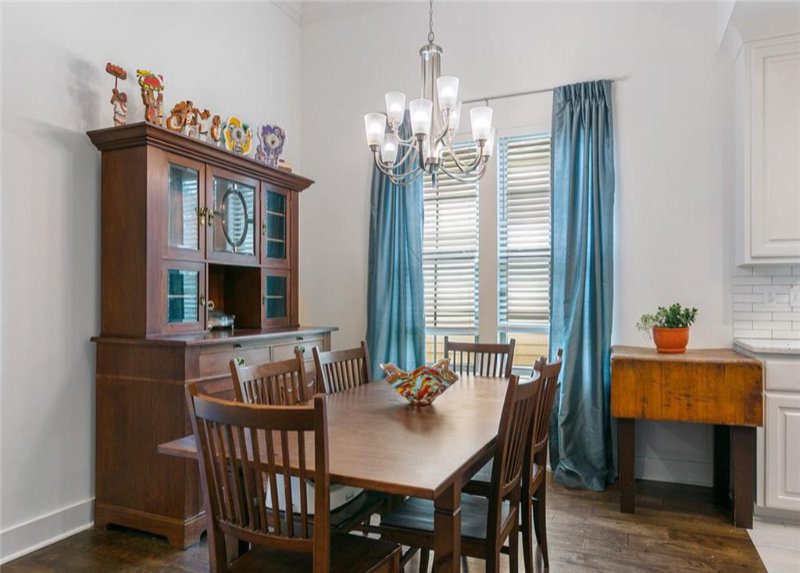One-fifth of aspiring homeowners (20 percent) believe they’ll never be able to save enough for a down payment, according to Bankrate’s Down Payment Survey. However, you don’t have to rely solely on savings to buy a home. There are numerous forms of down payment assistance available in varying amounts to help you bridge the gap. Here’s a comprehensive guide to your options and how to qualify.
Understanding Down Payment Assistance (DPA) Programs
Down payment assistance (DPA) programs provide homebuyers with funds to help cover down payments and, in some cases, closing costs. While a few programs are available at the federal level or through individual mortgage lenders, most assistance is offered locally through state, county, and city government programs.
Eligibility Requirements for Down Payment Assistance
Most down payment assistance is designed for first-time homebuyers or those with lower to moderate incomes. A first-time homebuyer is defined as someone who hasn’t owned a home in the past three years. These programs are specifically for primary residences, not investment or rental properties. Depending on the program, eligible properties might include single-family homes, condos, townhomes, homes in planned unit developments (PUDs), or multifamily properties up to four units, provided you live in one of the units.
Eligibility typically requires:
- Meeting income thresholds, often based on the area median income (AMI).
- Purchasing a home in specific counties or cities.
- Having specific backgrounds, such as working in public service professions.
- Qualifying for a 30-year, fixed-rate first mortgage, sometimes limited to certain types of mortgages like government-backed loans.
- Partnering with an HFA’s lender if using state housing finance agency assistance.
Additional requirements may include meeting credit score minimums, contributing personal savings to the home purchase, and completing a homebuyer education course before closing.
Types of Down Payment Assistance Programs
Grants:
Grants provide a one-time cash sum, often as a no-interest second mortgage, that doesn’t have to be repaid. These funds can cover all or part of a down payment or closing costs.
Forgivable Loans:
These are second mortgages that function as grants if you meet certain requirements, such as timely mortgage payments and residing in the home for a set period (typically three to ten years). If you move before the period ends, you must repay the loan prorated based on your time in the home.
Low-Interest Loans:
These second mortgages come with affordable interest rates. You’ll repay the loan over a few years along with your primary mortgage, covering the down payment assistance amount plus interest.
Deferred-Payment Loans:
These loans don’t charge interest, and you’ll repay the assistance when the loan term ends, you move, or you refinance your first mortgage.
Individual Development Accounts (IDAs):
IDAs are matched savings accounts where your contributions are matched by private or public funds. They usually have strict income caps and employment requirements and often require financial literacy training. These accounts can be used for down payments and closing costs.
Lender Down Payment Assistance Programs:
Some mortgage lenders offer down payment assistance to eligible borrowers, often in the form of grants or matched savings opportunities. Examples include Bank of America, Chase, and Wells Fargo. To qualify, you’ll need to obtain your mortgage from that lender, which might affect the interest rate.
Finding Down Payment Assistance
State Housing Finance Agency (HFA):
Every state has an HFA that assists homeowners and renters. Contact your state’s HFA or visit its website to explore available down payment assistance options.
City or County Website:
Many counties and cities offer down payment assistance. Check your municipality’s website for information.
HUD:
The U.S. Department of Housing and Urban Development (HUD) website provides a list of local homebuying programs by state.
Your Lender:
Your loan officer can guide you to appropriate assistance programs.
Down Payment Resource:
This private company offers resources for homebuyers, real estate agents, and lenders, including an eligibility and assistance lookup tool.
By leveraging these resources, you can find the right down payment assistance program to help you achieve homeownership, easing the financial burden of your down payment.
Click Here For the Source of the Information.
